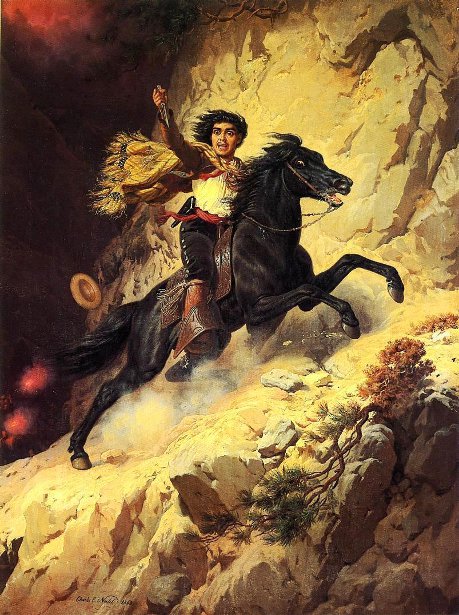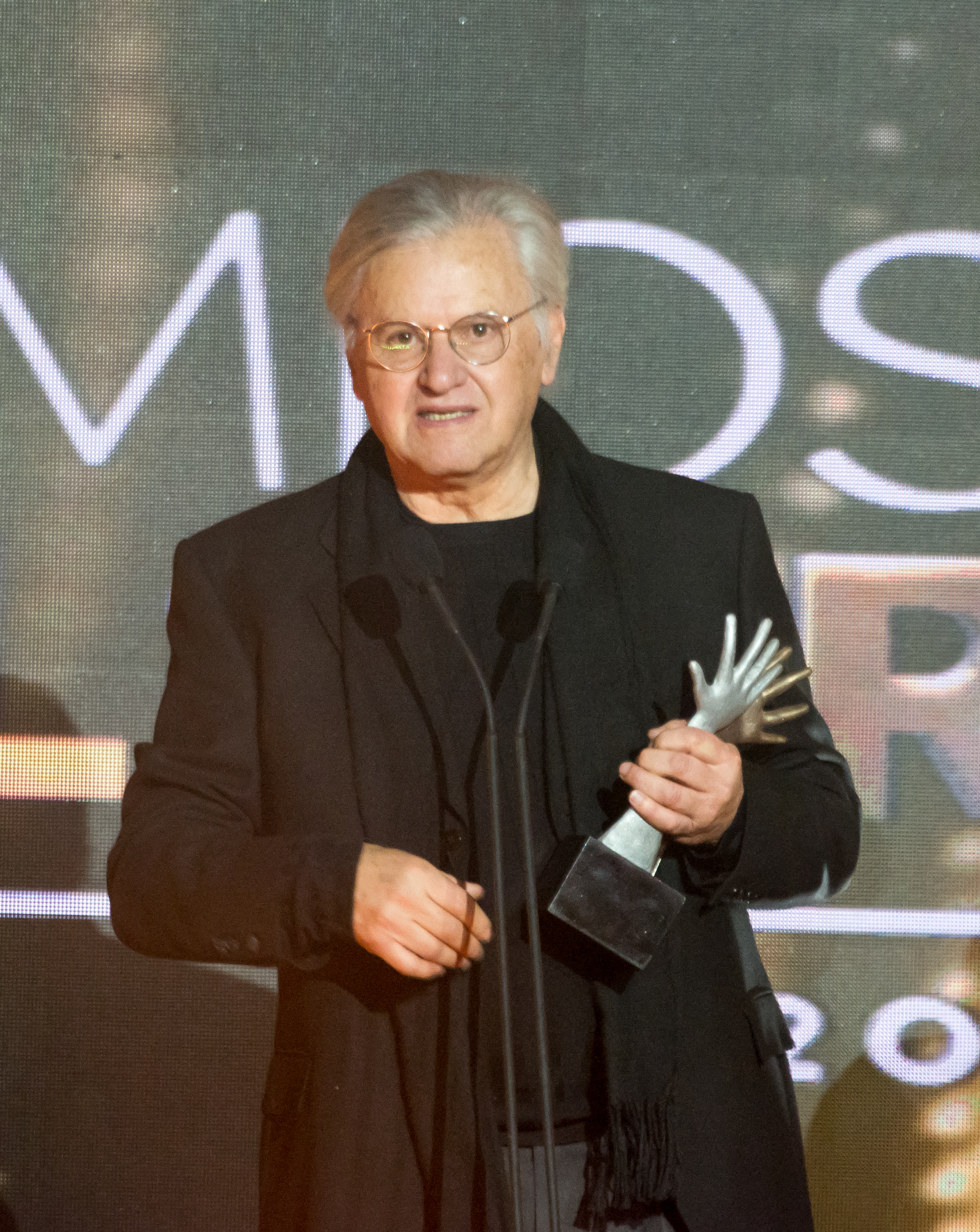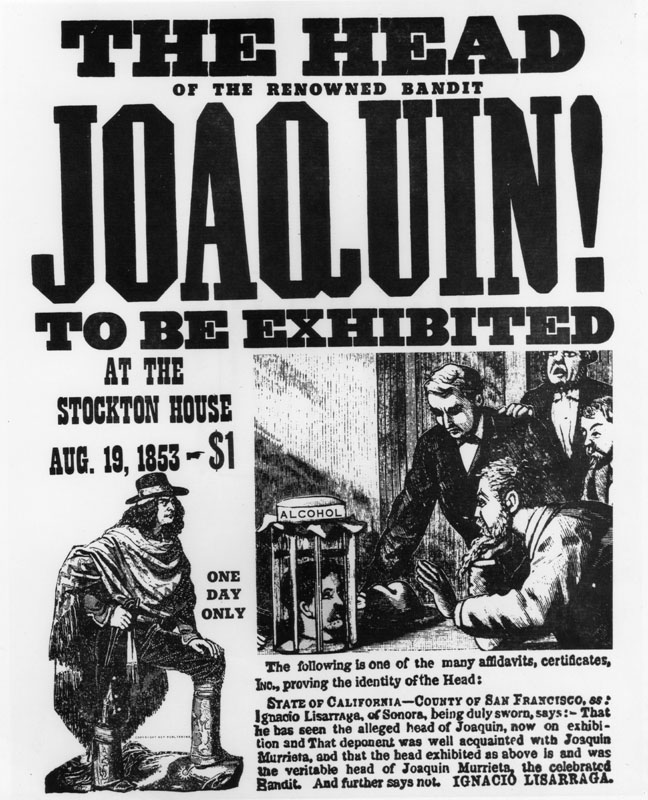|
Quilapayún Chante Neruda
''Quilapayún Chante Neruda'' is a compilation music album released by Quilapayún in exile in France in 1983 in commemoration of the 10th Anniversary of the death of the Chilean poet and Nobel laureate Pablo Neruda – who died in September 1973. Background Pablo Neruda was not a musician but he was a major inspiration to artist in the music field all over Latin America, especially for artists of the '' Nueva Cancion Chilena'' (New Chilean Song) movement. Neruda wrote the liner notes for a number of recordings released by young folk Chilean artists under the DICAP label. Many compositions were directly inspired by the poetry of Neruda and popular protest songs were often musical arrangements for his poetical text. Neruda's epic work Canto General, from which several poems featured in this recording were taken from, has been a major source of text for compositions by folk, contemporary and classical composers. Content This album included a compilation of songs from 1975 to 1983 r ... [...More Info...] [...Related Items...] OR: [Wikipedia] [Google] [Baidu] |
Compilation Album
A compilation album comprises Album#Tracks, tracks, which may be previously released or unreleased, usually from several separate recordings by either one Performing arts#Performers, performer or by several performers. If the recordings are from one artist, then generally the tracks were not originally intended for release together as a single work, but may be collected together as a greatest hits album or box set. If the recordings are from several artists, there may be a theme, topic, time period, or genre which links the tracks, or they may have been intended for release as a single work—such as a tribute album. When the tracks are by the same recording artist, the album may be referred to as a retrospective album or an anthology. Content and scope Songs included on a compilation album may be previously released or unreleased, usually from several separate recordings by either one or several performers. If by one artist, then generally the tracks were not originally intend ... [...More Info...] [...Related Items...] OR: [Wikipedia] [Google] [Baidu] |
Canto General
''Canto General'' is Pablo Neruda, Pablo Neruda's tenth book of poems. It was first published in Mexico in 1950, by ''Talleres Gráficos de la Nación''. Neruda began to compose it in 1938. "Canto General" ("General Song") consists of 15 sections, 231 poems, and more than 15,000 lines. This work attempts to be a history or encyclopedia of the entire American Western Hemisphere, or New World, from a Hispanic American perspective. The XV Cantos *First Canto. A Lamp on Earth. *Second Canto. The Heights of Macchu Picchu *Third Canto. The Conquistadors *Fourth Canto. The Liberators *Fifth Canto. The Sand Betrayed *Sixth Canto. America, I Do Not Invoke Your Name in Vain *Seventh Canto. Canto General of Chile *Eighth Canto. The Earth’s Name is Juan *Ninth Canto. Let the Woodcutter Awaken *Tenth Canto. The Fugitive *Eleventh Canto. The Flower of Punitaqui *Twelfth Canto. The Rivers of Song *Thirteenth Canto. New Year’s Chorale for the Country in Darkness *Fourteenth Canto. The Grea ... [...More Info...] [...Related Items...] OR: [Wikipedia] [Google] [Baidu] |
Quilapayún Albums
Quilapayún () are a folk music group from Chile and among the longest lasting and most influential ambassadors of the ''Nueva canción, Nueva Canción Chilena'' movement and genre. Formed during the mid-1960s, the group became inseparable with the revolution that occurred in the popular music of the country under the Popular Unity (Chile), Popular Unity Government of Salvador Allende. Since its formation and during its forty-year history both in Chile and during its lengthy period of exile in France the group has seen modifications to its personnel lineup and the subject and content of its work. Controversy regarding irreconcilable differences with the current and former group directors led to the division into two distinctive Quilapayún ensembles; one in Chile (Quilapayún-Histórico) and one in France (Quilapayún-France). History Quilapayún originated in 1965 when Julio Numhauser and the brothers Julio and Eduardo Carrasco formed a folk music trio, which they simply called ... [...More Info...] [...Related Items...] OR: [Wikipedia] [Google] [Baidu] |
Willy Oddó
Guillermo Oddó Parraguez (October 14, 1943 – November 7, 1991), better knolwn as Willy Oddó, was a Chilean musician and engineer known as a leading vocalist in the Chilean folk music ensemble, Quilapayún between 1967 and 1987. Biography He was born in Chile and studied at the State Technical University in Santiago de Chile, where he participated in the musical "peñas" and other cultural and student activities together with Hernan Gomez. He spent some time at the Naval Academy, where he showed an aptitude for playing football. He joined Quilapayún in 1967 to replace Julio Numhauser (who left the group) and he rapidly become the most distinctive and loved member of the musical ensemble. Oddó was Quilapayun's baritenor and played guitar, winds, percussion and was central on stage during live performances. He was the solo vocal on a number of songs, including ''Canto a la Pampa'' and ''Mamma mia dame cento lire'' of the X Vietnam (album), X Vietnam album, ''La Carta'' from th ... [...More Info...] [...Related Items...] OR: [Wikipedia] [Google] [Baidu] |
Joaquín Murieta
Joaquin Murrieta Carrillo (sometimes misspelled Murieta or Murietta) (c. 1829 – July 25, 1853), also called the Robin Hood of the West or the Robin Hood of El Dorado, was a Mexican figure of disputed historicity. The novel '' The Life and Adventures of Joaquín Murieta: The Celebrated California Bandit'' (1854) by John Rollin Ridge is ostensibly his story. Legends subsequently arose about a notorious outlaw in California during the California Gold Rush of the 1850s, but evidence for a historical Murrieta is scarce. Contemporary documents record testimony in 1852 concerning a minor horse thief of that name. Newspapers reported a '' bandido'' named Joaquin, who robbed and killed several people during the same time. A California Ranger named Harry Love was assigned to track down Murrieta and was said to have brought his head in for the bounty. The popular legend of Joaquin Murrieta was that he was a forty-niner, a gold miner and a ''vaquero'' (cowboy) from Sonora. Peace lovi ... [...More Info...] [...Related Items...] OR: [Wikipedia] [Google] [Baidu] |
Sergio Ortega (composer)
Sergio Ortega Alvarado (February 2, 1938 – September 16, 2003) was a Chilean composer, pianist, poet, teacher and politician. He is recognized for having composed important Chilean left-wing politics anthems, among them are " Venceremos" and " El pueblo unido jamás será vencido", as well as the anthem of the Radical Party, Communist Youth and Workers' United Center of Chile. Biography Sergio Ortega Alvarado was born in Antofagasta, Chile on February 2, 1938. He had brief studies of Architecture and Literature, until he entered the National Conservatory of the University of Chile and began to study composition with Roberto Falabella and Gustavo Becerra-Schmidt. After graduating, he worked at the Institute of Musical Extension and six years as a sound engineer at the Experimental Theater of the University, at the Antonio Varas Theater. During this period he composed music for theater and cinema. he composed music for works by Alejandro Sieveking and Isidora Aguirre, i ... [...More Info...] [...Related Items...] OR: [Wikipedia] [Google] [Baidu] |
Rodolfo Parada
Rodolfo Parada Lillo is a Chilean musician, composer, engineer and anthropologist. Parada joined Quilapayún in 1968, which made the group into a sextet - the formation which recorded the “ Cantata Santa María de Iquique. Upon joining the group he became the major solo voice of the ensemble (e.g. in ''“Dicen que la patria es…”, “Por que los pobres no tienen”, “Plegaria a un labrador”, “Vamos mujer”''. A fan of the “chanson française” he decided to reduce his activity as a student leader while the group was at its popularity peak during the Salvador Allende Government. He first composed ''“Ausencia”'' for the group in their “Quilapayún 5” album with assistance from Eduardo Carrasco. Whilst in exile he composed the instrumental music pieces: ''“Susurro”'' and ''"El paso del ñandu"'', plus he also composed music for Pablo Neruda's poem ''"El arbol de los libres"'' and for Rafael Alberti's ''"La primavera"''. After exile his voice register u ... [...More Info...] [...Related Items...] OR: [Wikipedia] [Google] [Baidu] |
Eduardo Carrasco
Eduardo Guillermo Carrasco Pirard (born July 2, 1940) is a Chilean musician, university professor of philosophy, author, and one of the founders of the Chilean folk music group Quilapayún - and the group's musical director from 1969 to 1989. Biography Carraco was born in Santiago. He studied at the elite José Victorino Lastarria Lyceum in Santiago and then entered the Pontificia Universidad Católica de Chile to study philosophy; he subsequently travelled to Germany to study at the Ruprecht Karl Universitat of Heidelberg. In 1964 he returned to Chile to continue his study of philosophy at the University of Chile and in 1965 he forms the musical ensemble Quilapayun with his brother Julio Carrasco and his friend Julio Numhauser. Carrasco completed his formal study of philosophy in April 1970 when he submitted a thesis on ''Friedrich Nietzsche and the Jews: Reflections on the misrepresentation of a thought''; he then commenced to study music at the National Conservatorium of t ... [...More Info...] [...Related Items...] OR: [Wikipedia] [Google] [Baidu] |
Louis Aragon
Louis Aragon (; 3 October 1897 – 24 December 1982) was a French poet who was one of the leading voices of the Surrealism, surrealist movement in France. He co-founded with André Breton and Philippe Soupault the surrealist review ''Littérature''. He was also a novelist and editor, a long-time member of the French Communist Party, Communist Party and a member of the Académie Goncourt. After 1959, he was a frequent nominee for the Nobel Prize in Literature. Early life (1897–1939) Louis Aragon was born in Paris. He was raised by his mother and maternal grandmother, believing them to be his sister and foster mother, respectively. His biological father, :fr:Louis Andrieux, Louis Andrieux, a former senator for Forcalquier, was married and thirty years older than Aragon's mother, whom he seduced when she was seventeen. Aragon's mother passed Andrieux off to her son as his godparent, godfather. Aragon was only told the truth at the age of 19, as he was leaving to serve in the Fi ... [...More Info...] [...Related Items...] OR: [Wikipedia] [Google] [Baidu] |
Joaquin Murieta
Joaquin Murrieta Carrillo (sometimes misspelled Murieta or Murietta) (c. 1829 – July 25, 1853), also called the Robin Hood of the West or the Robin Hood of El Dorado, was a Mexican figure of disputed historicity. The novel '' The Life and Adventures of Joaquín Murieta: The Celebrated California Bandit'' (1854) by John Rollin Ridge is ostensibly his story. Legends subsequently arose about a notorious outlaw in California during the California Gold Rush of the 1850s, but evidence for a historical Murrieta is scarce. Contemporary documents record testimony in 1852 concerning a minor horse thief of that name. Newspapers reported a '' bandido'' named Joaquin, who robbed and killed several people during the same time. A California Ranger named Harry Love was assigned to track down Murrieta and was said to have brought his head in for the bounty. The popular legend of Joaquin Murrieta was that he was a forty-niner, a gold miner and a ''vaquero'' (cowboy) from Sonora. Peace lovi ... [...More Info...] [...Related Items...] OR: [Wikipedia] [Google] [Baidu] |
Cien Sonetos De Amor
' ("100 Love Sonnets") is a collection of sonnets written by the Chilean poet and Nobel Laureate Pablo Neruda originally published in Argentina in 1959. Dedicated to Matilde Urrutia, later his third wife, it is divided into the four stages of the day: morning, afternoon, evening, and night. The sonnets have been translated into English numerous times by various scholars. The most widely acclaimed English translation was made by Stephen Tapscott and published in 1986. In 2004, Gustavo Escobedo translated the 100 sonnets for the 100th anniversary of Neruda’s birth. Sonnet VI Lost in the forest, I broke off a dark twig and lifted its whisper to my thirsty lips: maybe it was the voice of the rain crying, a cracked bell, or a torn heart. Something from far off: it seemed deep and secret to me, hidden by the earth, a shout muffled by huge autumns, by the moist half-open darkness of the leaves. Wakening from the dreaming forest there, the hazel-sprig sang under my tongue, its drift ... [...More Info...] [...Related Items...] OR: [Wikipedia] [Google] [Baidu] |



